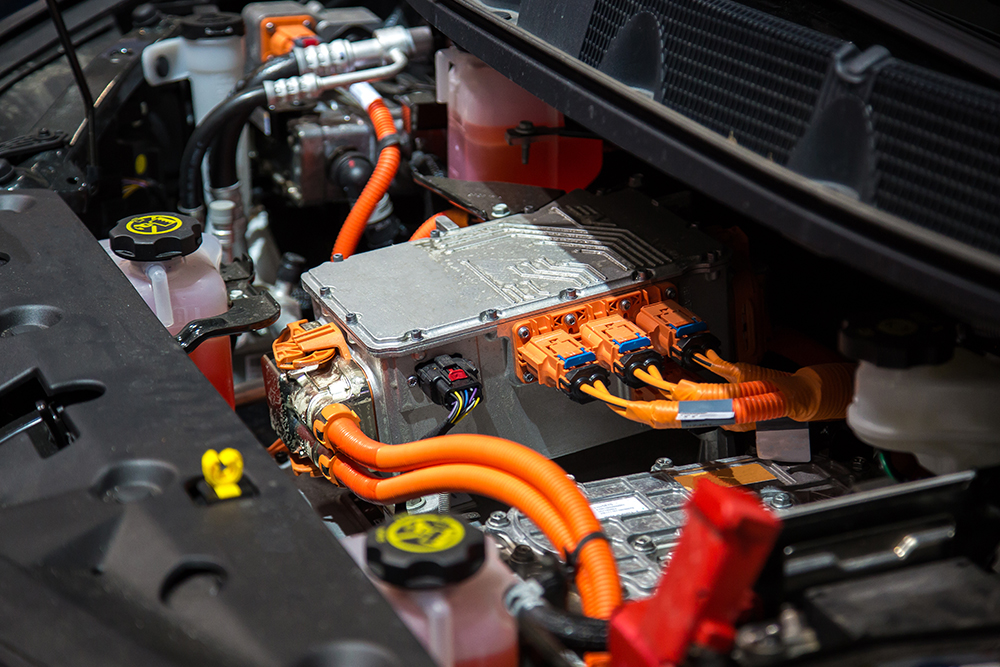Mon – Fri | 8:00am – 6:30pm
Sat | 8:00am – 3:00pm
Mon – Fri | 8:00am – 6:30pm
Sat | 8:00am – 3:00pm

In recent years, hybrid cars have gained popularity due to their eco-friendliness and fuel efficiency. One of the key components of a hybrid vehicle is its battery system. There are different types of batteries used in hybrid cars, each with its own set of advantages and disadvantages. In this article, we will explore the various types of batteries commonly found in hybrid vehicles.
Advantages:
Disadvantages:
Advantages:
Disadvantages:
Advantages:
Disadvantages:
While NiMH batteries have traditionally been the go-to choice for hybrid cars, many manufacturers are now transitioning to lithium-ion batteries due to their higher energy density and lighter weight. However, lead-acid batteries are still used in some hybrid vehicles, particularly older models or in entry-level hybrids to keep costs down.
The type of battery used in a hybrid car plays a significant role in its performance and overall driving experience. As technology continues to advance, we can expect further improvements in battery technology for hybrid vehicles, leading to even more efficient and sustainable transportation options in the future.
Image by patruflo from Envato Elements
© 2025 A+ Hybrid Batteries. All Rights Reserved.
Website Managed by Leads Near Me ®